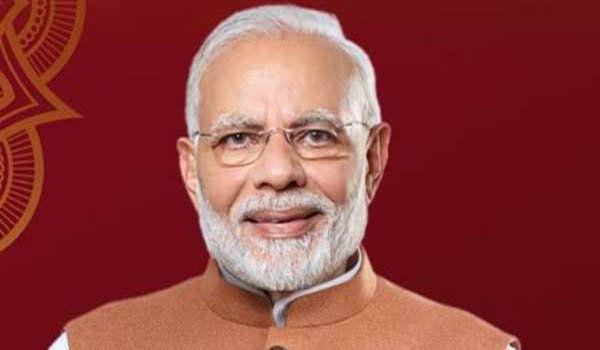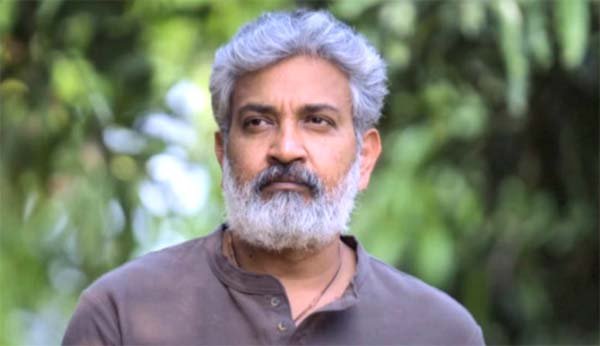New Delhi, Aug 25 (UNI) The Supreme Court has expressed strong displeasure over the conduct of Delhi Police and urged the union Government to intensify diplomatic efforts after a Russian woman allegedly fled India with her five-year-old child amid an ongoing custody battle with her Indian husband.
A bench comprising Justice Surya Kant and Justice Joymalya Bagchi reminded the Russian Federation of its binding obligations under the Treaty on Mutual Legal Assistance in Criminal Matters signed with India.
The Court directed the Ministry of External Affairs (MEA) to submit a fresh request to the Russian Embassy, enclosing the FIR and related documents, to secure cooperation in tracing the woman and child.
“The Embassy of the Russian Federation ought to remind itself of its bilateral obligations. Under the treaty, contracting parties must extend the widest possible legal assistance, including locating persons and objects,” the order stated.
The Court also asked the Additional Solicitor General Aishwarya Bhati to ensure that the Indian Embassy in Moscow actively engages its diplomatic channels to ascertain the whereabouts of the petitioner and the minor child.
The Bench took note of a serious lapse on the part of Delhi Police, observing that the child was taken away despite explicit directions in May 2025 to maintain a discreet vigil over both parents’ residences.
Justice Kant remarked, “What were they doing? This is criminal negligence. The Deputy Commissioner of Police and local officials owe responsibility and cannot be spared.”
The Court observed that the child was not taken from parental custody but from the custody of the Court itself, making the escape a “gross contempt.”
The ASG informed the Court that an FIR has been registered against the woman for kidnapping, forgery, and criminal conspiracy. An Interpol Blue Corner Notice was also issued on August 11.
She added that while MEA had written to the Russian Embassy earlier, the latter cited “consent requirements” and claimed it could not trace the petitioner.
However, Justice Kant questioned why the Indian Embassy in Moscow was “shirking its responsibility”, emphasising that diplomatic channels were the most effective means of resolution.
Earlier submissions revealed that the woman left India in early July. Based on IP address history and travel data, she was in Bihar on July 8, then crossed into Nepal, flew to the UAE, and finally reached Russia on July 16. The findings are pending confirmation from airlines.
The Court hinted at the possibility of forged or fabricated documents, noting that the child’s Indian passport had been surrendered to the Court. It also raised concerns about whether Russian Embassy officials may have played a role in facilitating the escape.
Justice Kant remarked, “This is not a matter to be resolved by force. It requires tactful diplomatic handling. If needed, the Court will issue further orders to remove hurdles faced by the authorities.”
The matter will be taken up again in the coming week, with the union Government asked to file an updated status report.
The case pertains to a child, born in 2020, who was under joint custody of both parents by court orders, with the Russian mother and Indian father having alternate days.
On May 22, 2025, the Supreme Court allowed the mother to have custody for three days a week.
On July 7, the woman and child went missing. The father alleged that she entered the Russian Embassy with a diplomat and failed to comply with the custody order.
Despite lookout circulars and nationwide alerts, the child and mother could not be traced.
The Court has made it clear that India will pursue all legal and diplomatic avenues to ensure the production of the child and accountability for those responsible.











